Where to go from here:
NEXT:
1990s
1996: A Midsummer Night's Dream, directed by Adrian Noble with Barry Lynch as Puck
1999: William Shakespeare's A Midsummer Night's Dream, directed by Michael Hoffman with Stanley Tucci as Puck
Modern Versions
2005: ShakespeaRe-Told: A Midsummer Night's Dream, written by Peter Bowker and directed by Ed Fraiman with Dean Lennox Kelly as Puck
2016: A Midsummer Night's Dream, adapted by Russell T. Davies and directed David Kerr with Hiran Abeysekera as Puck
2017: A Midsummer Night's Dream, written and directed by Casey Wilder Mott with Avan Jogia as Puck
Cinema Broadcasts of Live Theatre
2013: A Midsummer Night's Dream (Shakespeare's Globe), directed by Dominic Dromgoole with Matthew Tennyson as Puck
2014: Julie Taymor's A Midsummer Night's Dream, directed by Julie Taymor with Kathryn Hunter as Puck
2019: A Midsummer Night's Dream (Bridge Theatre / National Theatre Live), directed by Nicholas Hytner with David Moorst as Puck
2021: A Midsummer Night's Dream (Stratford Festival / StratFest@Home), directed by Peter Pasyk with Trish Lindström as Puck
GO BACK TO:
1930s-1980s
1935: A Midsummer Night's Dream, directed by Max Reinhardt and William Dieterle with Mickey Rooney as Puck
1968: A Midsummer Night's Dream, directed by Peter Hall with Ian Holm as Puck
1981: The BBC Television Shakespeare: A Midsummer Night's Dream, directed by Elijah Moshinsky with Phl Daniels as Puck
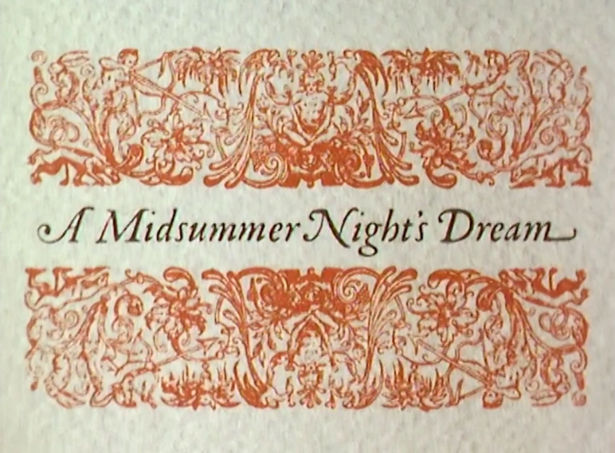
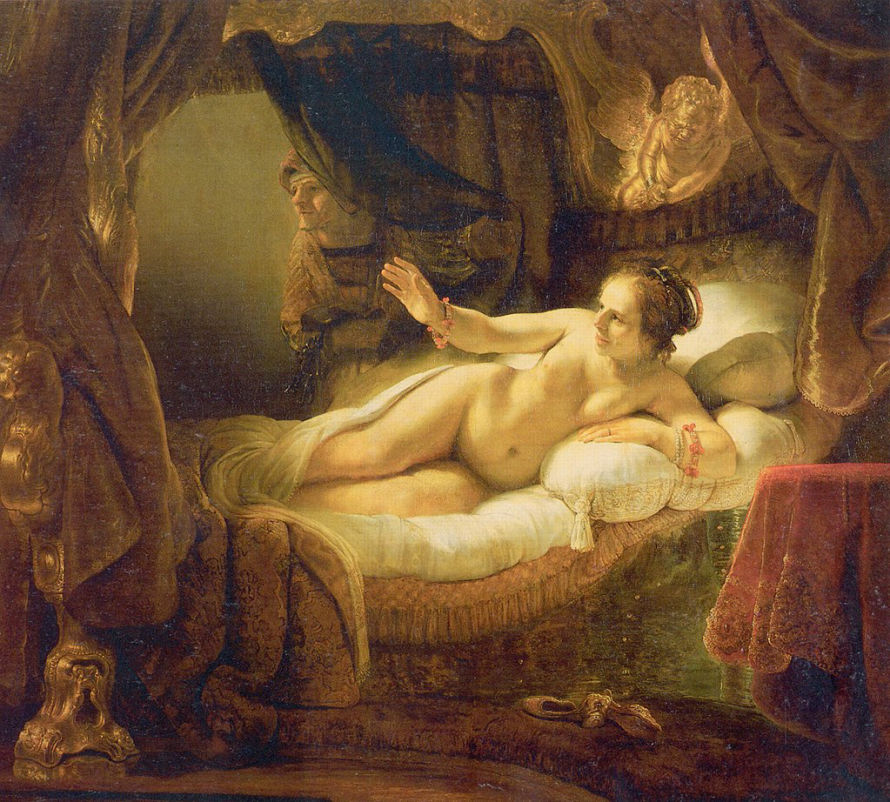
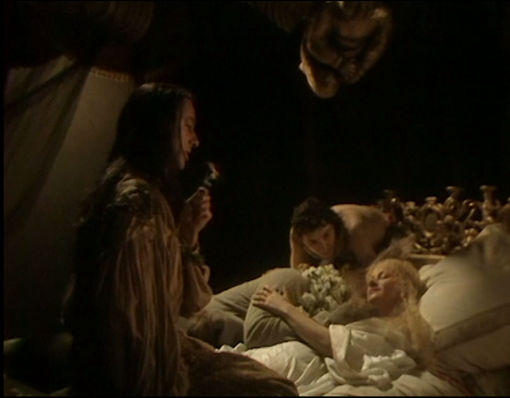
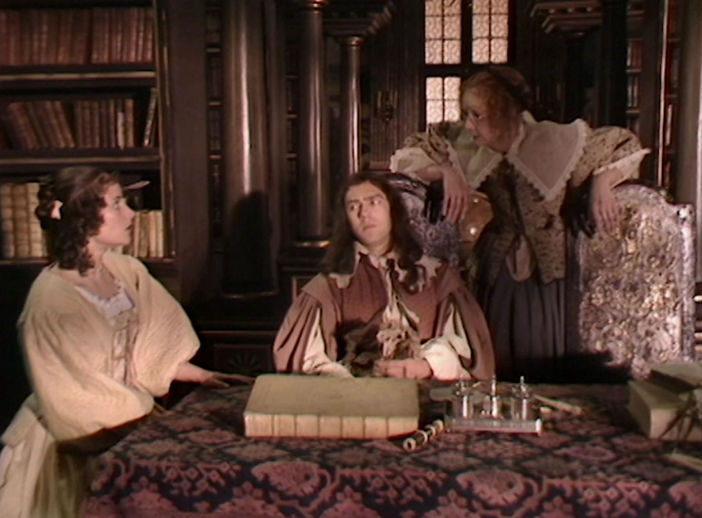
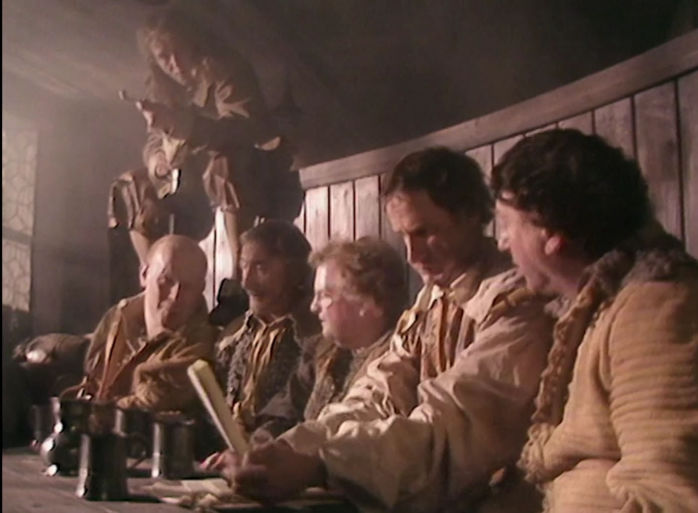
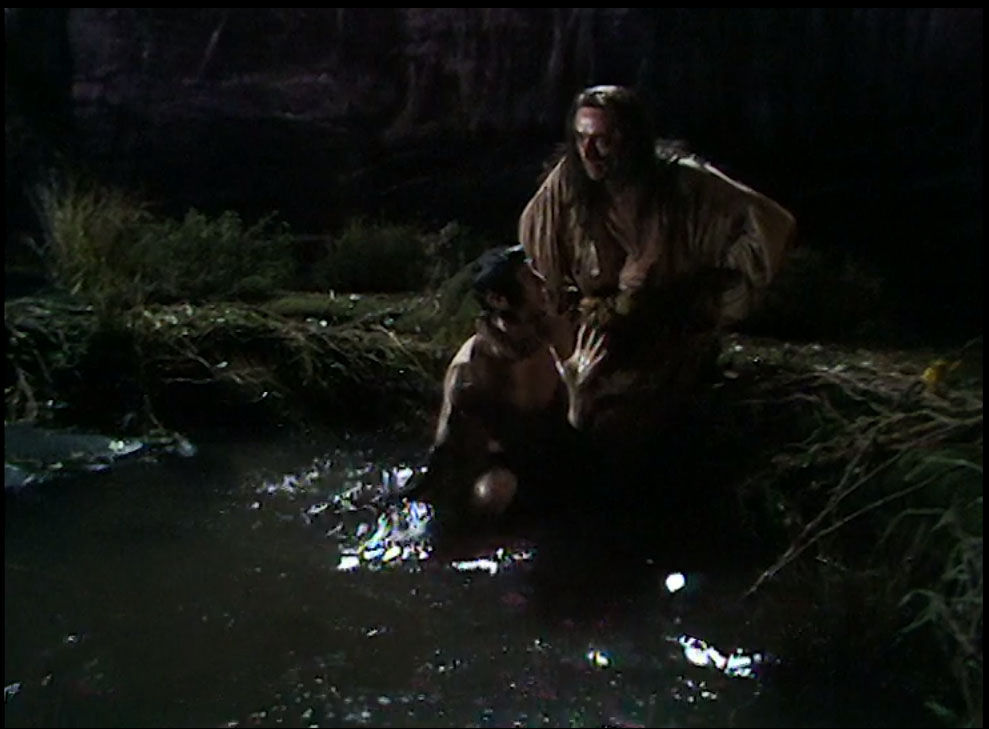
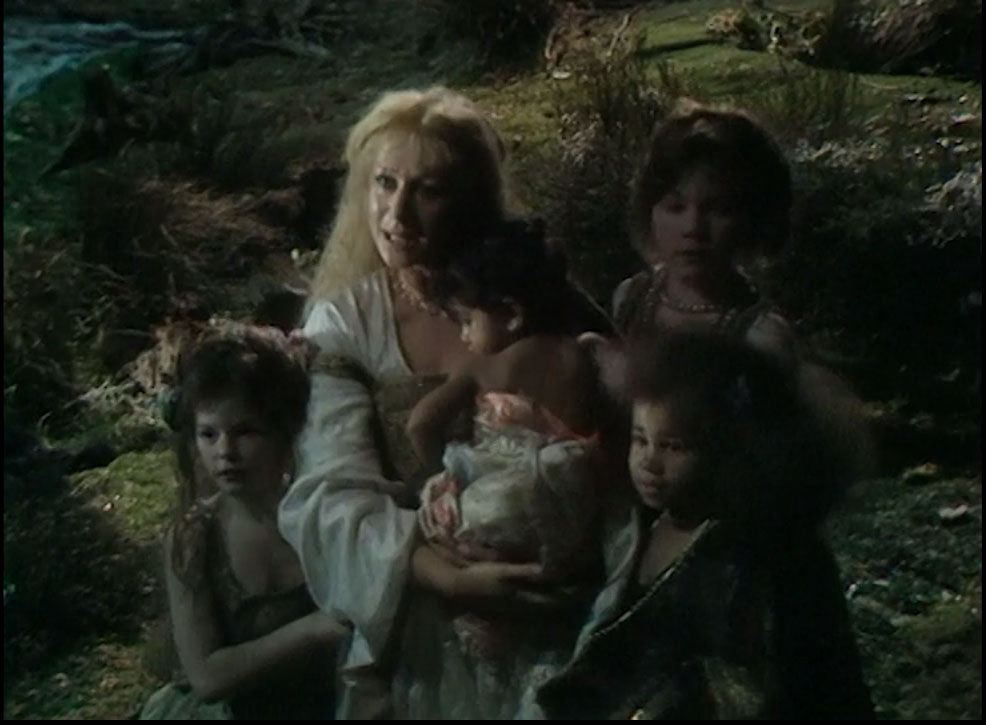
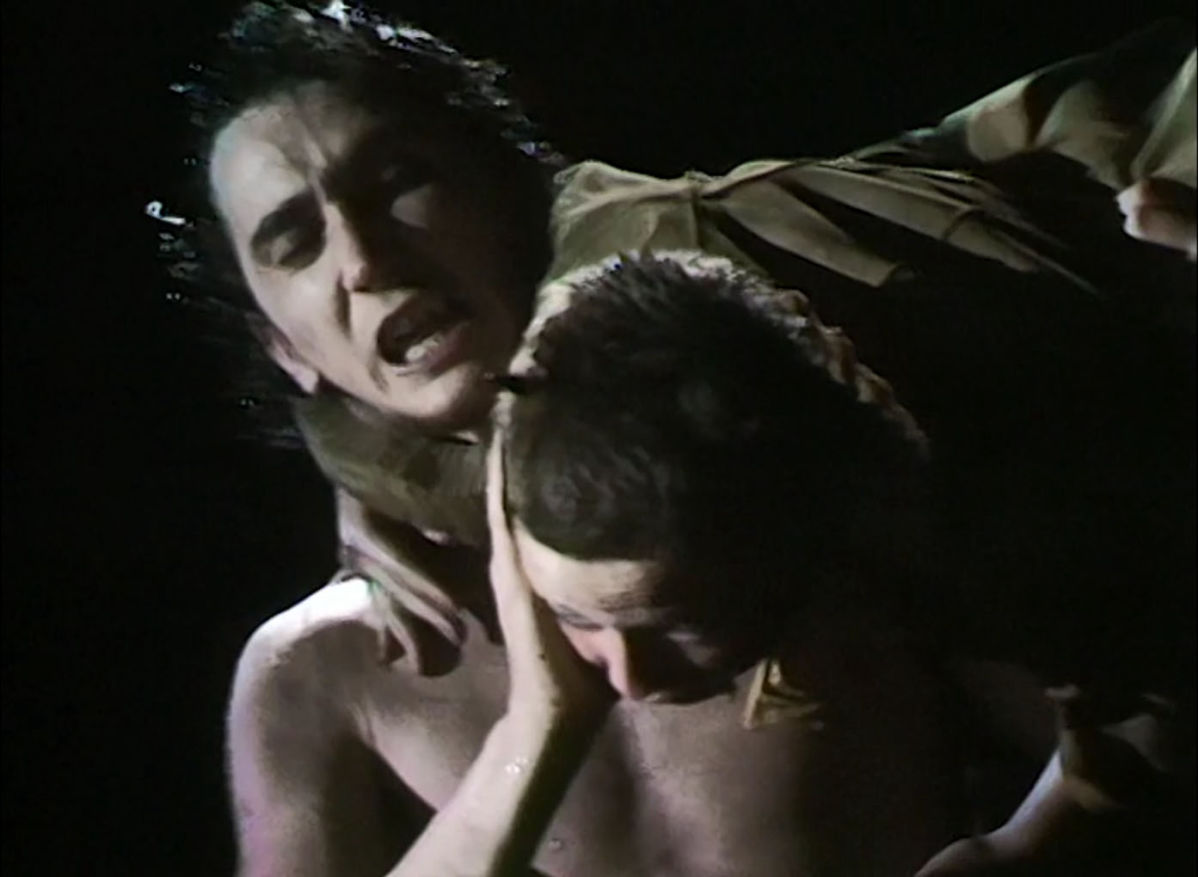 ">
">
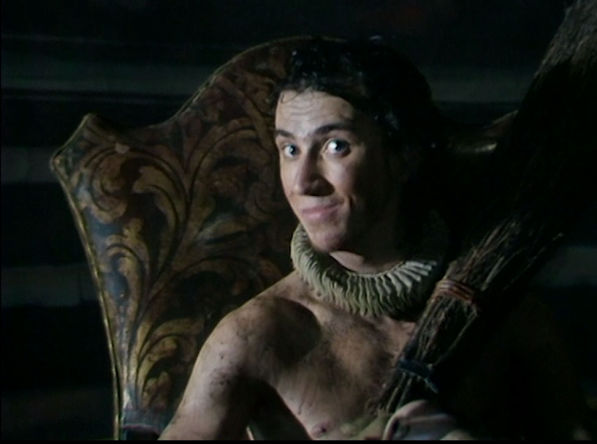
Contact Us